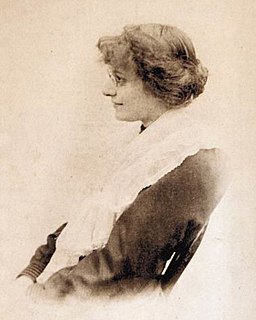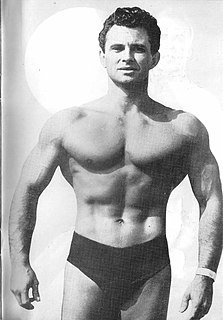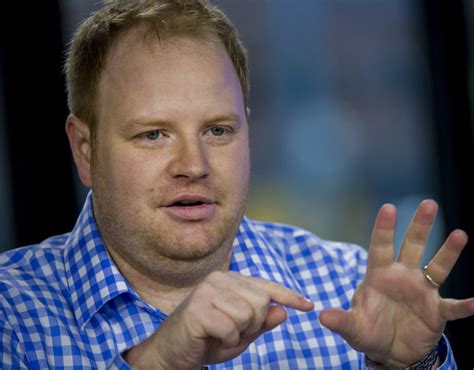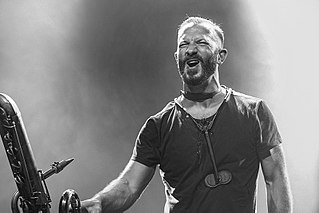A Quote by Marilynne Robinson
I like major theology. I like Karl Barth, and I like John Calvin, and I like Martin Luther. The scale of thinking and the power of integration that they're capable of from thinking in that scale is something that's really unique to theology.
Related Quotes
Often, when I want to read something that is satisfying to me as theology, what I actually read is string theory, or something like that - popularizations, inevitably, of scientific cosmologies - because their description of the scale of things and the intrinsic, astonishing character of reality coincides very beautifully with the most ambitious theology. It is thinking at that scale, and it is thinking that is invested with meaning in a humanly evocative form. That's theology.
Systematic theology will ask questions like "What are the attributes of God? What is sin? What does the cross achieve?" Biblical theology tends to ask questions such as "What is the theology of the prophecy of Isaiah? What do we learn from John's Gospel? How does the theme of the temple work itself out across the entire Bible?" Both approaches are legitimate; both are important. They are mutually complementary.
Theology is a non-subject. I'm not saying that professors of theology are non-professors. They do interesting things, like study biblical history, biblical literature. But theology, the study of gods, the study of what gods do, presupposes that gods exist. The only kind of theology that I take account of are those theological arguments that actually argue for the existence of God.
The classic theology of my tradition comes from the French Renaissance. [William] Shakespeare was born in 1564, the year [John] Calvin died, and that theology was very influential in England in his lifetime. I think Shakespeare was attentive to questions raised by it, about human nature, history, reality itself. I find the two literatures to be mutually illuminating.
If you paint a building shocking pink, that has no scale, it is just a huge mistake, but it's not in the scale of the city to have things like that. You know. So, not only because it's not appropriate, not only because it's offensive to the environment, I mean but among them also because that quantity of that color in the urban scale, is out of scale.
John Calvin's theology emphasizes the sanctity of conscience, the sanctity of companionate marriage, and the obligation of those in power to attend to the well-being of the people in general, especially the poor. Interestingly, for the interpretation of Hamlet, for example, he forbids even the thought of revenge. This is not the Calvin of myth, but when the Elizabethans read him there was no such myth, nor would there be now, if he were read.
It's a lot easier to figure out how to scale something that doesn't feel like it would scale than it is to figure out what is actually gonna work. You're much better off going after something that will work that doesn't scale, then trying to figure how to scale it up, than you are trying to figure it all out.
I was also thinking about isolation on an evolutionary scale as well, like when you think of an island like Madagascar where things are free to evolve unfettered by outside powers. That starts to reach into the underlying narrative, which is more of a literal story that I used as a construct to build songs around.


































